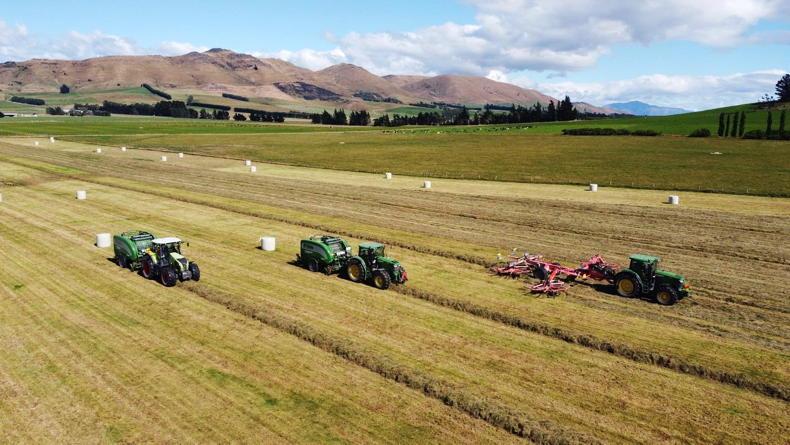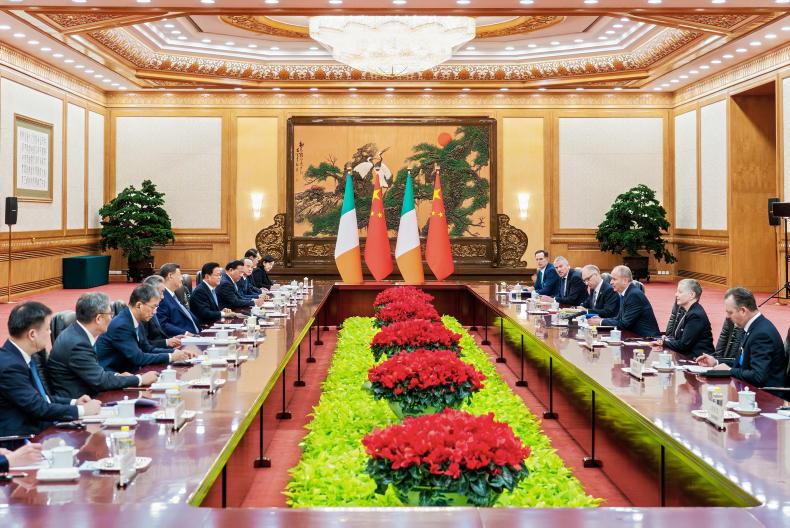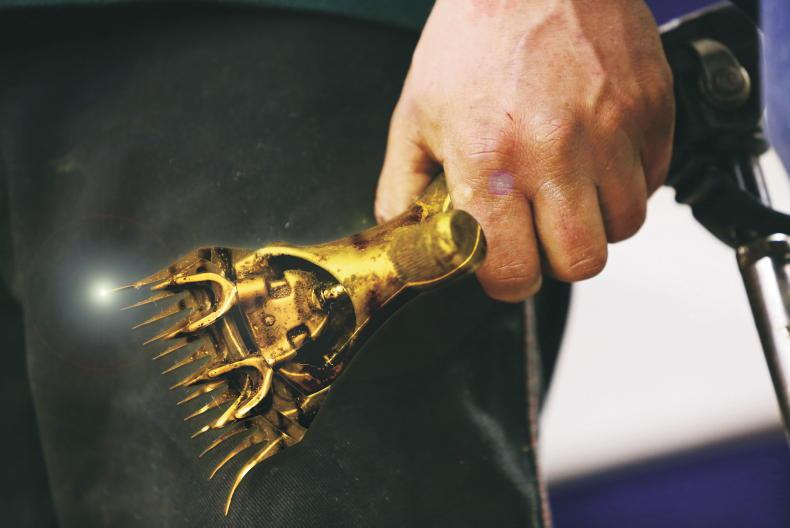As the Australian prime minister was flying out of London having agreed the trade deal, the New Zealand trade minister, Damien O’Connor, was on his way to London to meet his UK counterpart Liz Truss. There was concern in New Zealand (NZ) agriculture circles that Australia would be too soft in their anxiety to secure a deal and there was great relief when they learned the level of access for agricultural produce in the final outcome.
Reports from New Zealand suggest that the UK has been making modest offers to them and they now see Australian access as the benchmark to aim for. Talks seem to have gone well, as August has been set as the target to secure agreement, in principle with the NZ ambition of “receiving a market access offer that eliminates tariffs and provides commercially meaningful access from day one of the agreement.”
Concern in British farming
There is anxiety in British farming circles about the level of access granted to Australia with immediate effect on the implementation of the deal. The National Farmers Union (NFU) has called on the government to conduct an economic impact assessment and produce a strategy to “manage the impact of throwing open the market” and caustically refers to the safeguard arrangements as more of a protection for British ports than sheep farmers.
The saturation of the British market with southern hemisphere imports is the medium and longer-term threat to Irish farmers and given the NFU reaction, it is a threat to farmers in Britain and Northern Ireland (NI) as well. The more immediate problem with Brexit lies in trade with Britain, particularly for Irish exports, with the UK introduction of sanitary and phytosanitary (SPS) controls from 1 October and 1 January.
These will present to Irish exporters the non-tariff barriers that British exporters to the EU have been living with since the start of January, leading to a huge drop in export volumes from Britain to the continent.
NI Protocol
The other outstanding Brexit issue that has the potential to scupper the Trade and Cooperation Agreement (TCA) between the EU and UK is the NI Protocol. This has become an increasingly sensitive political issue, meaning that its value to NI farmers isn’t fully appreciated.
They continue to trade with the EU and the rest of the UK as if Brexit never happened. However, the problem is with trade between Britain and Northern Ireland, where the level of SPS controls make small volume trade impractical. Despite lauding the agreement at the time, the UK government has no enthusiasm for its role in implementing it in relation to the protocol. For its part, the EU, as always, is looking for implementation to the letter of the law with no provision for discretion.
EU-UK political relations are strained, but the fact that the UK requested the latest extension on meat products instead of acting unilaterally as it has before suggests an effort at bridge building.
Ideal solution
Of course, veterinary alignment, even on a temporary basis, would solve a multitude of problems. It would allow Irish exports to Britain continue, as well as reopening mainland Europe to British exports. It would also eliminate 80% of checks required on trade between Britain and NI, so everyone would be a winner.
The problem is that this doesn’t seem to be politically acceptable in London, so that leaves finding a way to move to a risk-based checking system for trade between Britain and NI that protects the EU single market but dramatically reduces the checks on what is internal UK trade.
This would be ideal for NI farmers, because they would be the only UK region to have seamless access for exporting to the EU, but it would be of no benefit to Irish exports after the UK introduce their SPS controls.
No winners with failure
The EU has just emerged from a prolonged aircraft dispute with the US that led to the imposition of 25% tariffs on EU dairy exports. Irrespective of what was agreed, the EU requires the cooperation of the UK to implement this part of the TCA as the means of avoiding controls at the only land border between the UK and EU, apart from Gibraltar with Spain.
The only other alternative is the island of Ireland operating within the UK single market, with EU controls at Irish ports trading directly with the EU. If this were to happen, it would effectively make Ireland a semi-detached member of the EU single market, a particularly unpalatable consequence of Brexit. Ireland, the EU and the UK have an equally vested interest in finding a way of making the protocol work.









SHARING OPTIONS